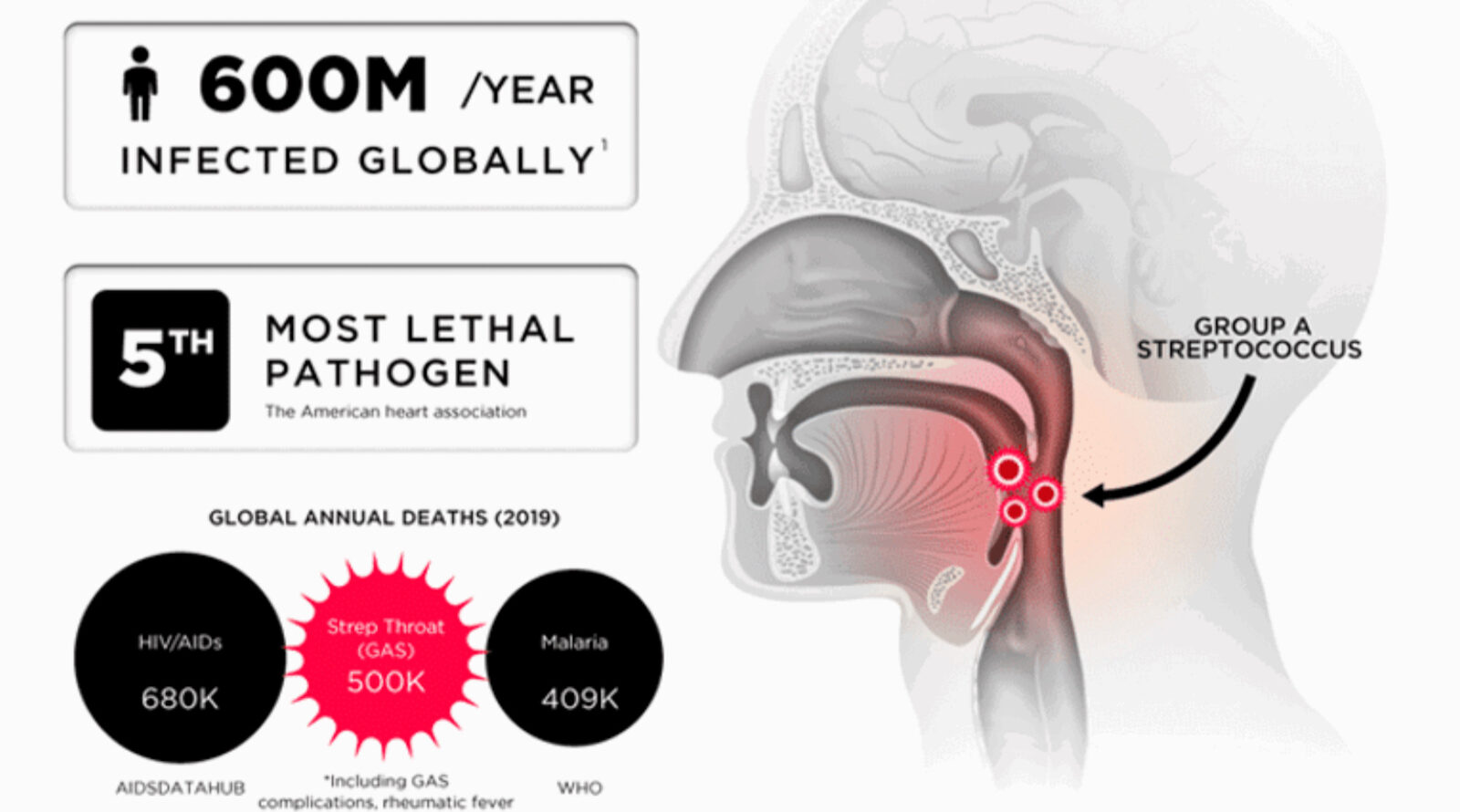As the U.S. healthcare system continues to grapple with a historic nursing shortage, the proposed FY 2026 federal budget threatens to accelerate the crisis through sweeping cuts to nursing education, research, and Medicaid support—posing profound implications for workforce sustainability, patient access, and innovation.
Burnout, workplace violence, and long-standing systemic challenges have already driven thousands of nurses out of the profession. Now, new financial threats loom, placing additional strain on the largest segment of the U.S. healthcare workforce—more than 5 million strong—and jeopardizing the future of care delivery nationwide.
A Troubling Forecast for the Future of Nursing
Among the most concerning elements of the President’s proposed budget is the elimination of Title VIII funding, the federal lifeline that supports the nursing education pipeline.
“As proposed, the President’s budget would eliminate Title VIII funding that is the foundation for nurse educational pipeline support,” says Tim Nanof, Executive Vice President of Policy and Government Affairs at the American Nurses Association (ANA). “Those $302 million federal dollars are absolutely critical to ensuring every community across the country has the nursing personnel they need to drive our healthcare system.”
Nanof warns that the cuts don’t stop there. The proposal also calls for the dismantling of the National Institute for Nursing Research (NINR), the only NIH institute solely dedicated to nursing research.
“While the proposal shifts the work of NINR to other institutes across NIH, the loss of a nursing-specific research institute will result in fewer advancements and worse outcomes for healthcare consumers. NINR has a strong scientific research foundation for practice that requires ongoing support to meet the needs of public health for all living in the United States.”
Threatening Innovation and System Sustainability
Nurses are not only the backbone of bedside care—they’re essential to healthcare innovation, quality improvement, and health system transformation. Yet, as Nanof points out, the profession receives significantly less federal support for education and preparation than physicians.
“Physicians receive more than $16 billion in Graduate Medical Education, while Title VIII funding provides only $302 million for nursing,” he says. “Cutting that funding now, when we need additional nurses on the frontlines of care across the country, will worsen access issues, increase labor costs, and ultimately reduce hospital capacity.”
Combined with proposed Medicaid reductions, Nanof warns the consequences could be catastrophic: “The nursing-specific cuts, coupled with proposed reductions in Medicaid, will directly impact patient access and outcomes.”
Medicaid Cuts and Access to Care
Medicaid plays a central role in the financial structure of healthcare delivery, especially in rural and underserved areas. Nanof notes that Medicaid accounts for roughly 19% of hospital revenue and a similar percentage of overall healthcare spending.
“Massive federal cuts to Medicaid, as proposed in the current reconciliation package, will devastate access to care, particularly in rural and low-income urban areas,” Nanof says. “Rural hospitals will close, nurses will lose their jobs, and patients will not be able to access the care they need. Some rural patients already drive hours for critical care—these proposals will make outcomes worse for American consumers.”
Budget Cuts Undermine Nurse Well-Being and Retention
At a time when nurses are still recovering from the trauma of the COVID-19 pandemic and ongoing violence in the workplace, these funding cuts undermine hard-won progress to support mental health and safety.
“Key legislation and programs like the Lorna Breen Act and long-standing bipartisan support for Title VIII deliver critical support to nurses,” Nanof explains. “While these proposed reductions run counter to the needs of the American people, we are optimistic that Congress will uphold its tradition of bipartisan support for Title VIII, NINR, and Medicaid.”
What Congress Must Do Now
The ANA is urging Congress to take immediate action to reject cuts to Medicaid and funding for the nursing workforce.
“Congress must eliminate Medicaid cuts from the reconciliation package and continue funding Title VIII and NINR as previously approved,” Nanof states. “The Congressional Budget Office anticipates that proposed Medicaid cuts would mean 8.6 million Americans lose their healthcare coverage. That is simply unacceptable.”
Beyond protecting existing infrastructure, the ANA is also pushing for new investments in nurse faculty and preceptor support to address clinical training bottlenecks. Legislation like the PRECEPT Nurses Act (H.R. 392/S. 131) is essential, Nanof emphasizes, because “everyone needs a nurse—regardless of party, background, or geography.”
Innovation at Risk
Without adequate support for nurse training, research, and systemwide infrastructure, healthcare innovation cannot thrive.
“Our healthcare system can’t even meet its basic obligations with these proposed cuts, let alone advance meaningful innovation,” says Nanof. “We have great opportunities for improvement based on technology and decades of federally funded research, but we won’t realize them if key infrastructure is defunded.”
The Message to Future Nurses
What signal does this budget send to aspiring nurses? One of disinvestment and devaluation—at a time when recruitment and retention are urgent national priorities.
“The lack of health infrastructure support in the proposed budget is problematic for our healthcare system and ultimately for all of us who rely on it,” Nanof says. “ANA is actively engaged with Congress and the Administration to advocate for nurses and the patients they serve. We are educating policymakers to ensure our healthcare system has the nursing workforce it needs to operate efficiently and meet patient demands.”
Final Takeaway
As Congress weighs the FY 2026 budget, the stakes for nurses—and the nation—could not be higher. The ANA’s message is clear: protect nursing education, research, and healthcare access, or risk collapsing the very system that depends on it.
“We are optimistic that Congress will continue to prioritize and fund Title VIII and Medicaid,” Nanof concludes. “Our healthcare system cannot function without nurses. It’s time the federal budget reflected that reality.”






